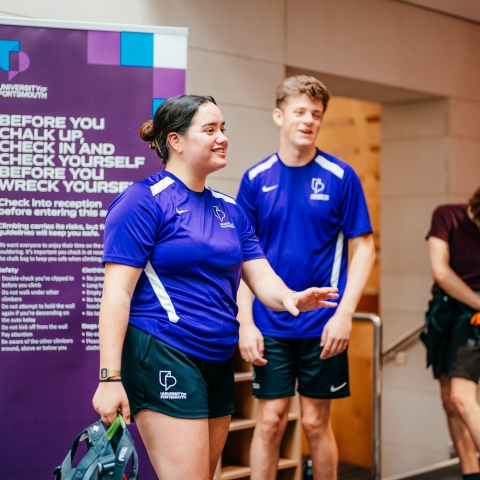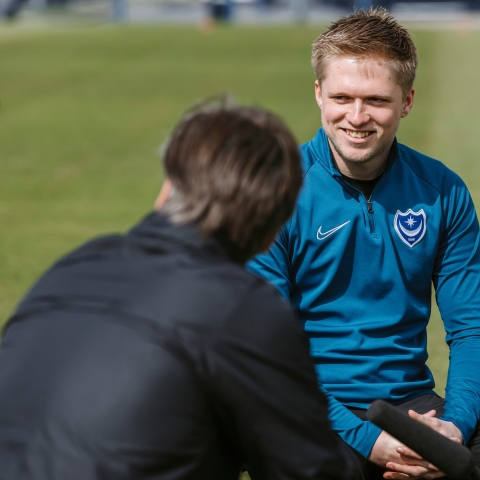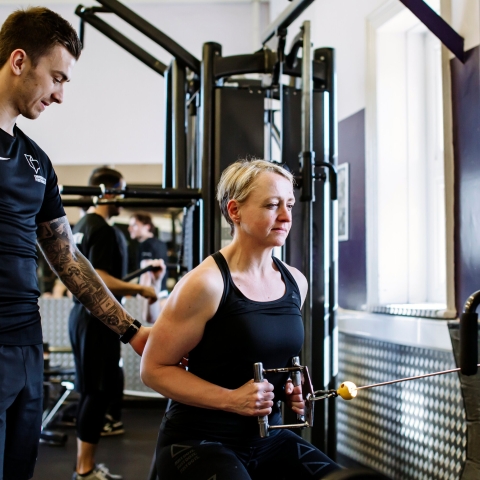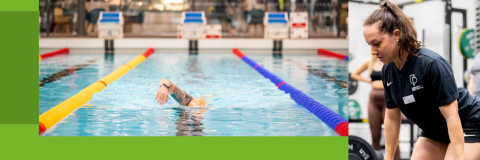
This career guide is designed to help University of Portsmouth students and recent graduates explore job options, key employers, and entry routes into the sport and leisure sectors.
The sport and leisure industry covers a wide range of areas with jobs in sectors such as sport and recreation and health and fitness but also tourism, events and management.
Although sport and leisure management courses are highly vocational courses, the fact that you gain an understanding of issues relating to psychology, sociology and social policy means you could move into roles within the public sector. These could include policy planning, community development and social work. Your voluntary work and vacation and term time jobs can be very important in breaking into this sector.
Explore the Sport and Leisure Career Guide
Getting started in sport and leisure
Take the first steps to beginning your career in sport and leisure.

Gaining experience in sport and leisure
Find out how to build your experience in the sport and leisure industry while you study.

Finding a job in sport and leisure
Explore the different ways you can find employment after you graduate from sport and leisure.

Enable University alerts
Turn on notifications for critical updates like closures, safety alerts, and urgent service disruptions.






